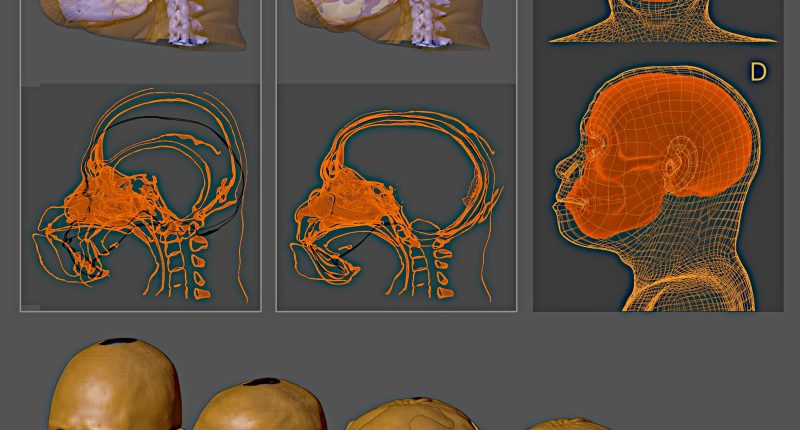SCIENTISTS have reconstructed the remains of the infamous Piltdown Man, which tricked scholars into believing a fake human ancestor existed.
The Piltdown Man is widely considered to be one of the biggest scientific hoaxes of the 20th century.
The fake ancestor is thought to have been created by amateur archaeologist Charles Dawson.
He claimed to have found the remains while digging in Sussex, England.
In 1912, Dawson presented a human-like skull with ape-like features that he claimed was found in an area called Piltdown.
The amateur archaeologist said it was evidence of a missing link between humans and apes.
His hoax ancestor was even given the name Eoanthropus dawsoni.
It wasn’t until 1953 that the Piltdown Man remains were proven to be fake.
They’re actually made from a medieval human skull, the jaw of an 18th-century orangutan, and modern chimpanzee teeth all merged together.
Dawson was already dead by the time this was discovered.
Most read in News Tech
He died in 1916 at the age of 52 from pernicious anemia.
Now, scientists have reconstructed what such a creature would have looked like if it were real.
They also found that fossiled remains presented were surprisingly female.
Cicero Moraes, lead author of the new study, said: “Using data from the original presentation and subsequent articles, we compared the jaw with other primates.
“We discovered an almost perfect compatibility with a female orangutan.
“Uniting that to the skull with very delicate features, we may have not a man, but a Piltdown Woman.”
Moraes continued: “What caught my attention the most was the audacity and opportunism of those who forged the pieces.
“They are real bones: the upper part of a human skull and the jaw of an orangutan.
“The secret is that the forger broke the bones into parts that allowed a different reading of the fittings.
Read more on The Sun
“So the anatomy experts designed a different structure in the missing areas, consistent with the anatomical knowledge of the time.
“By putting the pieces together, in slightly different positions, with different rotations, what resulted was a skull that was the ‘missing link’ between man and monkey.”











